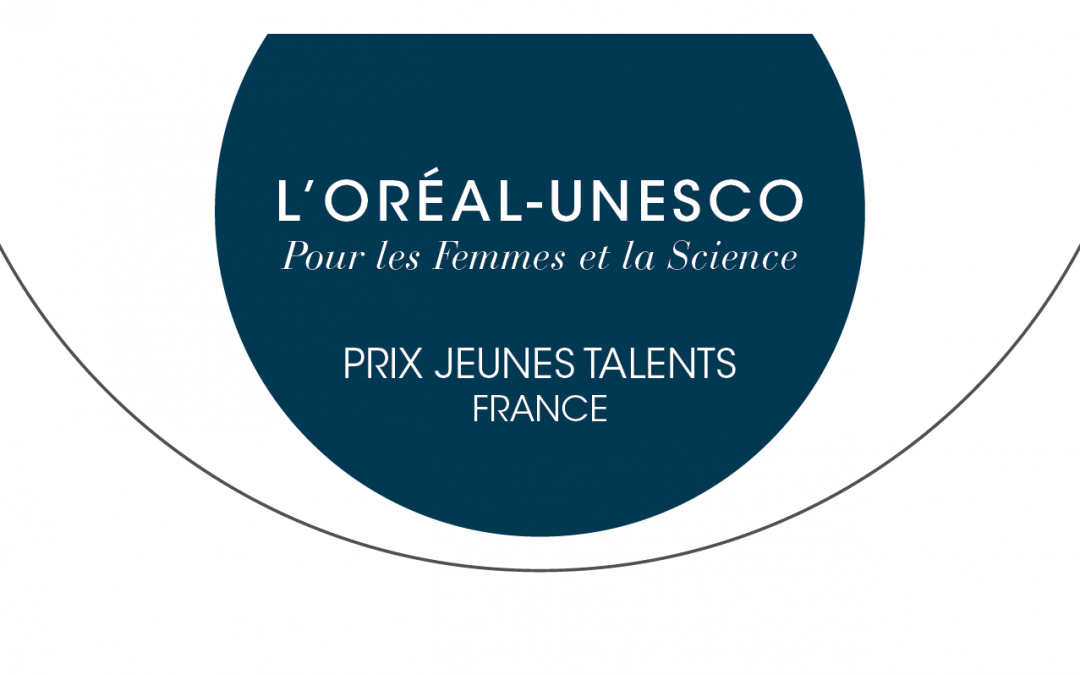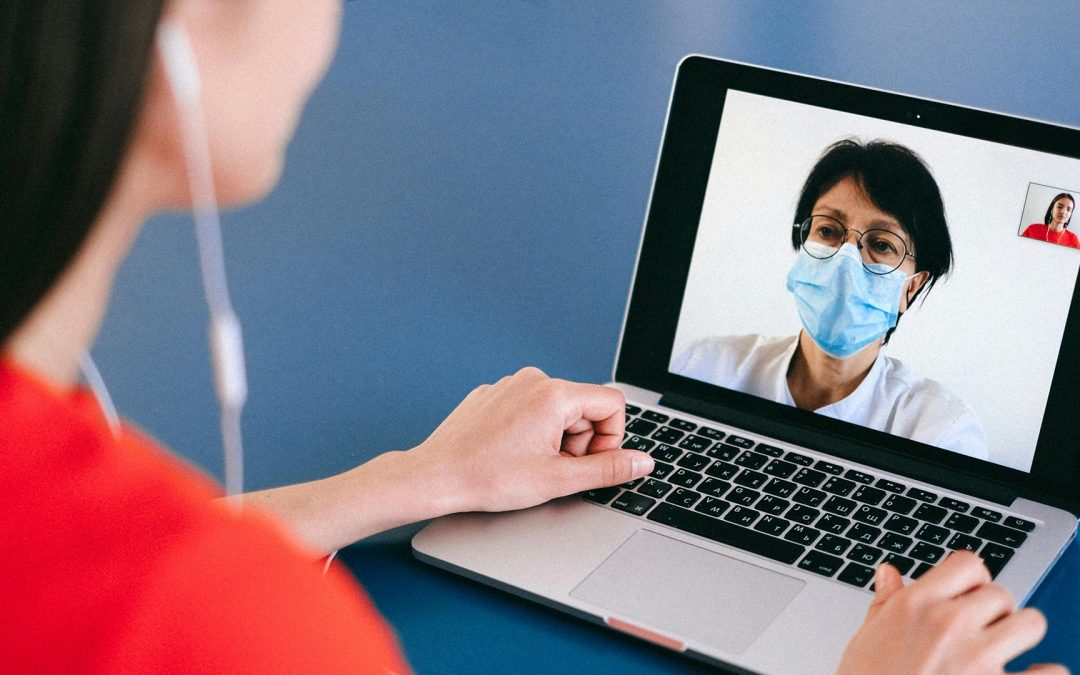![[Hackathon] Machine Learning Approaches @ Halle aux Farines, salle 442C](https://u-pariscite.fr/wp-content/uploads/2023/04/brooke-cagle-uHVRvDr7pg-unsplash-300x169.jpg)
Come and take part in the Graduate School Translational Bioinformatics workshop on machine learning theory applied to problem solving in the medical and biological sciences.This workshop will include both theoretical and practical sessions with multiple examples.

The objective
The focus of the sessions will be on demonstrating the strength of these methods and the scope of application, but also on raising awareness of their limitations. Emphasis will be placed on the importance of managing best practices and using them under the appropriate conditions.
Target Audience
PhD students (or post-docs) and Master’s students interested in training in Machine Learning and/or Deep Learning, applied to biological or biomedical data. This workshop is also open to students in medicine, biology or other courses, with the requirement that they have a basic knowledge of a programming language such as R or Python.
Speakers from Université Paris Cité
- Farah ELLOUZE, Clinical Bioinformatics laboratory, IHU Institut Imagine
- Tatiana GALOCHKINA, DSIMB team, UMR-1134, MCU
- Nicolas GARCELON, Data Science platform and Clinical Bioinformatics laboratory, IHU Institut Imagine
- Jean-Christophe GELLY, DSIMB team, UMR-1134, MCU
- Frédéric GUYON, DSIMB team, UMR-1134, IR
- Romain NICOLLE, Clinical Bioinformatics laboratory, IHU Institut Imagine
- Marc VINCENT, Data Science platform and Clinical Bioinformatics Laboratory, IHU Institut Imagine
Main Topics
Introduction to machine learning and the main concepts of supervised learning: loss function, model optimisation, model evaluation, under-fitting and over-fitting. Introduction to deep learning (DL) and its applications.
Convolution networks and their application to image processing. Practical work on medical images.
Advanced network architectures and language processing models: from recurrent networks to transformers. Entanglement of protein sequences.
Advanced topics in deep learning: graphical neural networks, federated learning, natural language processing (NLP).
Registration is free but mandatory (20 seats available)
This event is organized by Catherine ETCHEBEST (DSIMB team, UMR-1134) and Antonio RAUSELL (Clinical Bioinformatics laboratory, IHU Institut Imagine).
À lire aussi

Prix Jeunes Talents France L’Oréal-UNESCO Pour les Femmes et la Science : Appel à candidatures 2026
La Fondation L'Oréal, en partenariat avec la Commission nationale française pour l'UNESCO et l'Académie des sciences, déclare officiellement ouvert l'appel à candidatures de l'édition 2026 du Prix Jeunes Talents France L'Oréal-UNESCO Pour les Femmes et la Science :...
read more
International Day of Women and Girls in Science: celebrating the women who push research forward
February 11 was the International Day of Women and Girls in Science. On this day, Université Paris Cité reaffirms its commitment to the equality between men and women and celebrates the journey of the women who advance research. Between celebrating our heritage and...
read more
Suivi des maladies chroniques : un patient sur deux serait ouvert à la téléconsultation
L’étude REACTIVE, coordonnée par la Dre Tiphaine Lenfant et le Pr Viet-Thi Tran et menée par des équipes de médecine interne de l’hôpital européen Georges-Pompidou AP-HP, du centre d’épidémiologie clinique de l’hôpital Hôtel-Dieu AP-HP, de l’Université Paris Cité, de...
read more
Journée internationale des femmes et des filles de science : célébrer celles qui font avancer la recherche
Le 11 février marque la Journée internationale des femmes et des filles de science. À cette occasion, l’Université Paris Cité réaffirme son engagement en faveur de l’égalité femmes-hommes et célèbre le parcours de celles qui font avancer la recherche. Entre un...
read more